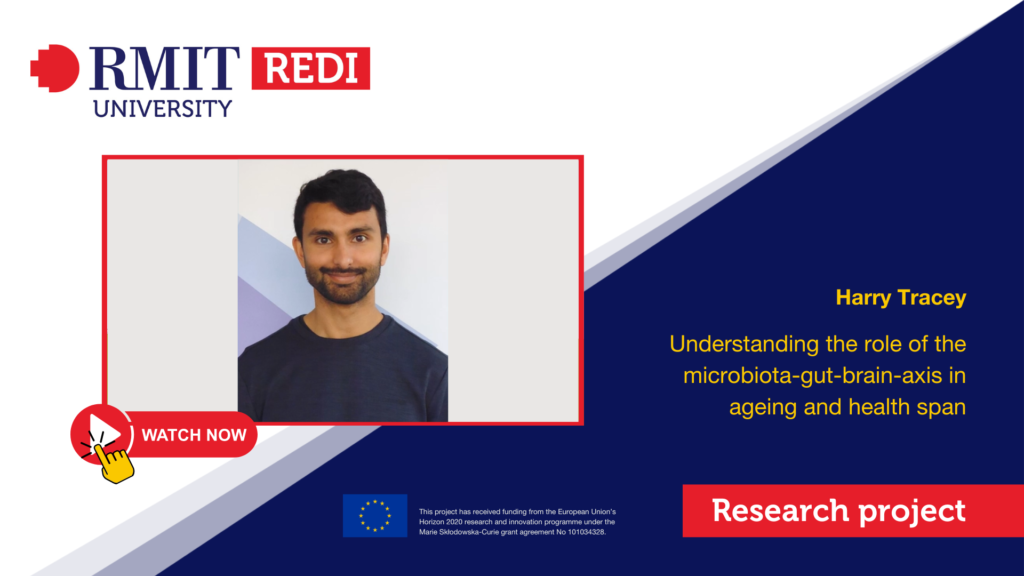Worldwide, people are living longer, and the proportion of elderly people is increasing. Research into why some people have better physical and cognitive abilities in old age can help promote longevity. Cognitive decline is associated with normal ageing, but ageing can also trigger the onset of neurodegenerative diseases such as Alzheimer’s disease (AD), accelerating neuronal dysfunction, neuronal loss, and cognitive decline. The process of ageing is determined genetically and modulated environmentally, with the gut microbiome at the heart of age-associated changes. The gut microbiota, therefore, offers a therapeutic target against cognitive decline and to promote healthy aging.
Through omics analysis of large-scale human cohorts with extensive data collected in relation to lifestyle, health, and cognitive performance, we can examine the composition and functionality of the gut microbiome during ageing. In addition, using preclinical trials, the effect of different microbiota profiles in relation to health during ageing can be evaluated. By combining these approaches, novel therapeutics such as probiotics and postbiotics that promote healthy aging and cognitive function can be characterised and evaluated.
Watch a video about Harry’s project:
